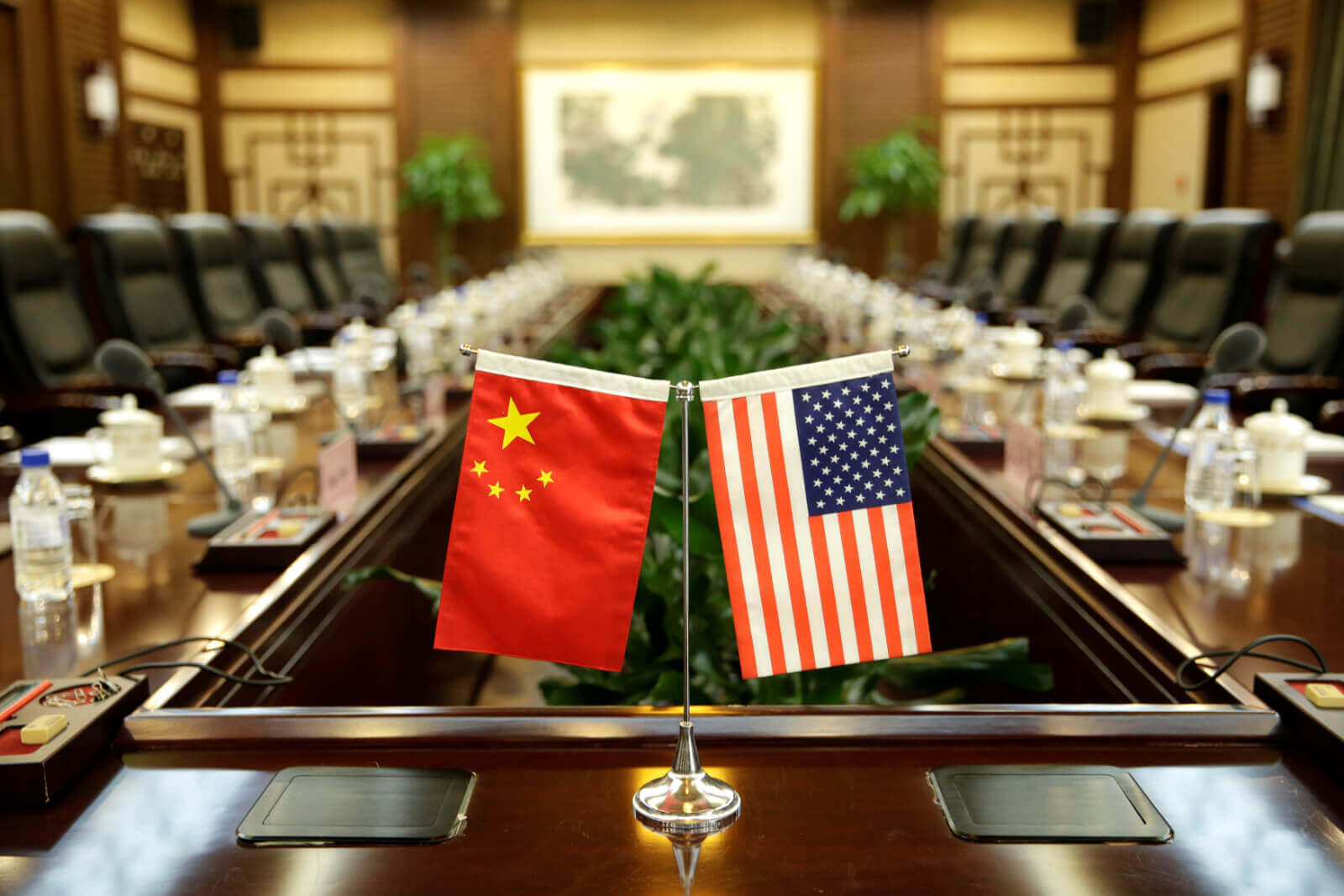In brief: There are lots of contentious topics that the US and China could discuss, from the tech sanctions Washington has placed on the country, to the Asian nation’s increasingly aggressive stance towards Taiwan. But only one thing will be on the agenda when envoys from the two nations meet in Switzerland today: artificial intelligence and its potential dangers.
The Geneva meeting, which is being called an opening exchange of views, will look at ways of mitigating the risks of AI. President Joe Biden and Chinese President Xi Jinping agreed to start conversations on AI safety during their meeting at the APEC summit in November, writes Axios.
The US will be represented at the talks by Tarun Chhabra from the US National Security Council and the State Department’s acting special envoy for critical and emerging technology, Dr Seth Center. China is sending officials from the Foreign Ministry and the National Development and Reform Commission.
There have been major advancements recently in the field of AI-controlled weaponry and military craft, an area where the US is determined to stay ahead of China. The US Air Force last month announced that it had successfully tested a modified, AI-controlled fighter jet in a dogfight against human pilots.
One of the most concerning threats regarding AI is the fear that a nation could use the technology to control its nuclear weapons systems, allowing an AI to decide targets or even when to launch a strike. The US said a few weeks ago that control over its nukes would always remain in the hands of humans, and it wants China and Russia to make the same promise. It seems highly likely that the US delegation will question China about this issue during today’s meeting.
We can also expect the meeting’s participants to discuss the creation of international rules and regulations regarding the use of AI.
While the delegates will no doubt disagree on plenty of matters, China has indicated it would be open to working with the US to address AI; the US won China as co-sponsor of the first ever AI resolution voted on by the UN General Assembly in March. “We certainly don’t see eye-to-eye with the PRC on many AI topics and applications, but we believe that the communication on critical AI risks can make the world safer,” a US official said.
